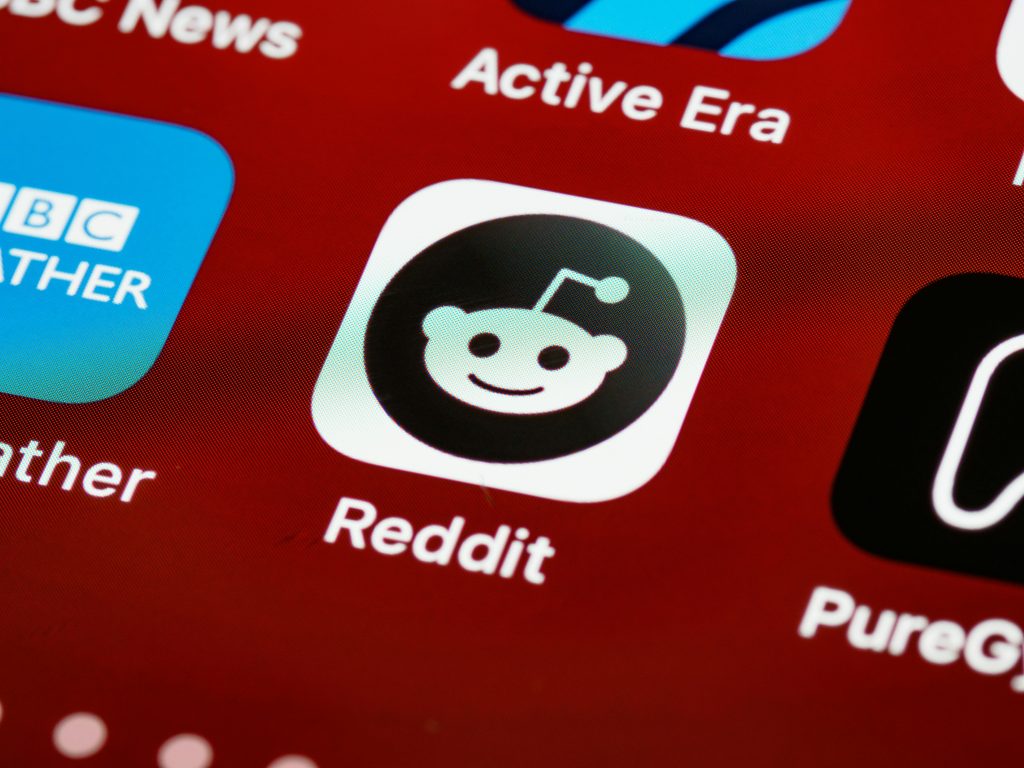Understanding Kaspersky Security Cloud: The Hidden Costs of “Free” Antivirus
In today’s digital age, finding reliable security software can be a daunting task, particularly when it comes to choosing between free and paid options. One popular choice is Kaspersky Security Cloud, available in both free and premium versions. However, users should be aware that “free” often comes at a cost—specifically, their personal data.
A Closer Look at the Terms
Having recently installed Kaspersky Security Cloud Free, I took the time to thoroughly review the terms of service and privacy policies. After investing about 20 minutes into reading these documents, I quickly realized that the offer of “free” software is rarely straightforward.
Data Collection Practices
Kaspersky’s policies outline several instances of data collection that may come as a surprise to many users. Here’s a summary of what they are permitted to do once the software is installed:
- Unique Identification: Each machine is assigned a unique ID, allowing Kaspersky to track data back to individual devices.
- Marketing Data: User data can be collected for various marketing purposes, including selling aggregated information to third parties.
- Device Profiling: Kaspersky gathers details about your computer’s hardware—such as device names, installed drivers, and processor information—using this information for marketing analytics.
- Web Activity Logging: The software records all URLs visited, analyzing them for security ratings and potential marketing insights.
- Traffic Interception: It intercepts website traffic, including HTTPS traffic, to analyze the content. Kaspersky essentially injects its scripts into web pages to facilitate its security functionalities.
- Certificate Installation: A root certificate is installed, enabling Kaspersky to decrypt and re-encrypt secure data during online transactions, allowing scrutiny of all online activities. Although this is marketed as an anti-virus feature, it raises legitimate security concerns about real encryption being bypassed.
- Application Usage Tracking: Kaspersky logs applications installed on your device, their usage, and even the specific buttons you click while using them, which is again submitted for marketing analysis.
The Bottom Line: Privacy Risks
It is evident that Kaspersky collects extensive data about its users. This extensive logging can serve various purposes, including enhancing their antivirus services and creating a detailed database of user behavior that can be monetized. Essentially, users are trading their personal information for the use of Kaspersky’s “free” antivirus.
Industry-Wide Trends
It
Share this content:




Thank you for sharing this detailed post about Kaspersky Security Cloud and its data collection practices. It’s important for users to understand that “free” security solutions often come with trade-offs regarding privacy.
From a technical support perspective, if you’re concerned about privacy and data collection, consider the following steps:
Always remember that the trade-off between security and privacy is a personal decision. Be vigilant about the permissions you grant and the information you share through security software.